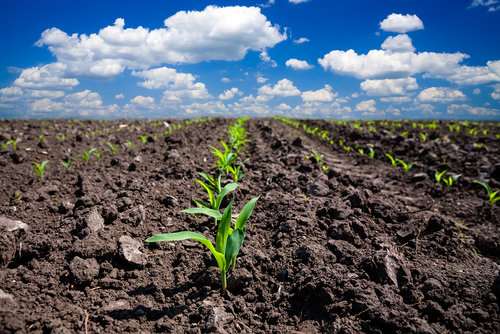Dennis Bork is testing for soil health and potential profits
By Diego Flammini
Assistant Editor, North American Content
Farms.com
A farmer in Illinois has split 40 acres of land into five zones to study soil health and profitability of different tillage approaches and cover crop applications.
Dennis Bork is using parts of his Argenta, Illinois farm to compare conventional tillage to strip till, with and without cover crops, and compare conventional tillage to no-till, with and without any cover crops.

He’s in the second year of a five-year project with the Macon County Soil and Water Conservation District. The goal is to help consider current and future profits, as well as any benefits to water quality.
The project also considers herbicide costs and savings, total input costs and potential yield advantages.
Bork told Iowa Farmer Today that sometimes new approaches need to be explored.
It’s too early to determine the results, but Bork said the highest yield came on the strip-till land.
For his cover crops, he’s considering using annual rye and radishes. He’s tried cereal rye in the past but it had to be killed and field cultivated.
He’s opened his farm for tours, allowing producers to get a firsthand look at the results on Bork’s farm and employ similar practices on their lands.
Kathy Kaesebier attended a tour on May 3 and said peer pressure among the agriculture community is huge.